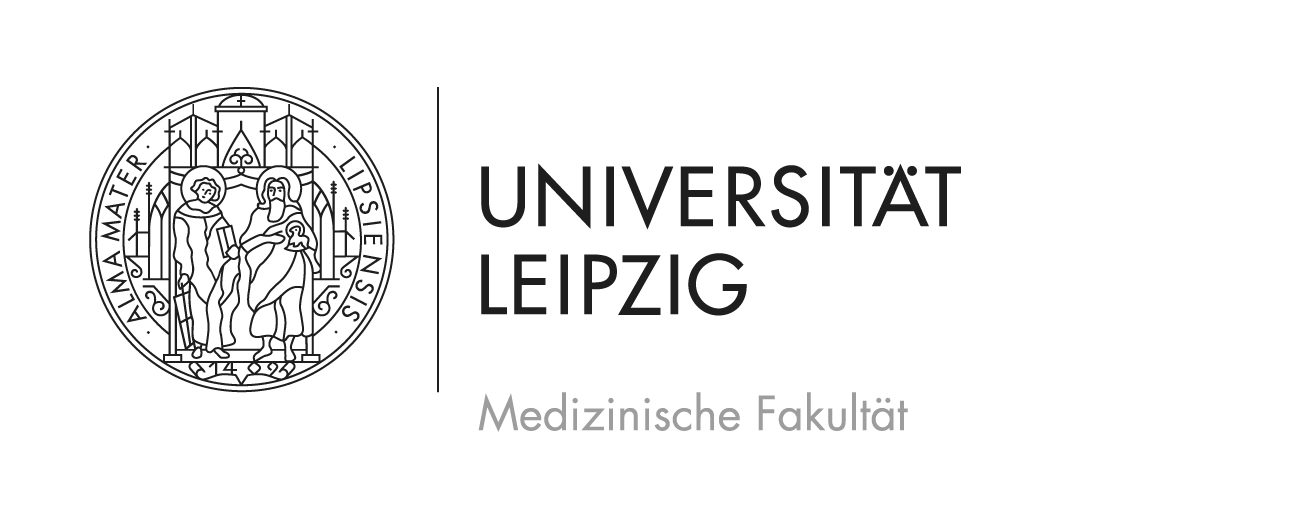

Model-based medicine and intelligent operating room
Prof. Dr. Thomas Neumuth
The EU consortium “CERTAINTY – A Cellular Immunotherapy Virtual Twin for Personalized Cancer Treatment” has launched a 4.5-year project to implement virtual twin technology for cancer therapy personalization. Immunotherapies have gained traction in oncology, involving comprehensive data collection to guide diagnosis, treatment, and monitoring. ICCAS aims to harness these data through virtual twins that simulate disease prognosis and treatment outcomes. The project develops technological infrastructure for virtual twins, multimodal data evaluation, personalized predictions, and context-specific user interfaces to support clinical decision-making.
CERTAINTY integrates various analysis methods and prediction models into a comprehensive, multimodal representation of patients, enhancing personalized simulations and clinical decisions. A modular virtual twin for cancer treatment is being created, initially focusing on CAR T-cell therapies and multiple myeloma. The twin will reflect the unique pathophysiology of each patient, updating continuously during treatment, emphasizing molecular patterns, big data processing, machine learning, in vitro models, and mechanistic models. The project prioritizes secure interfaces for data access while considering socio-economic factors and future applications.